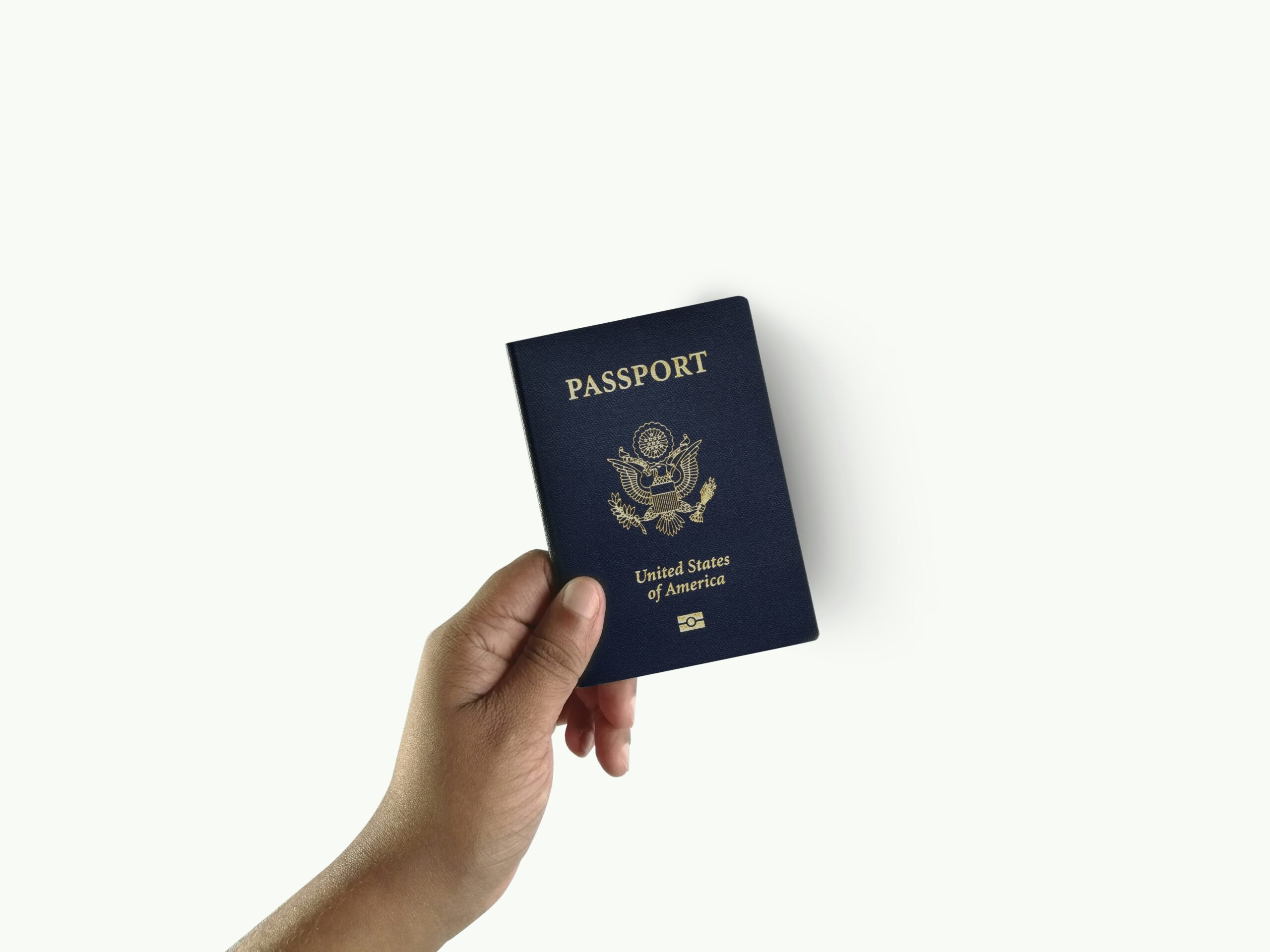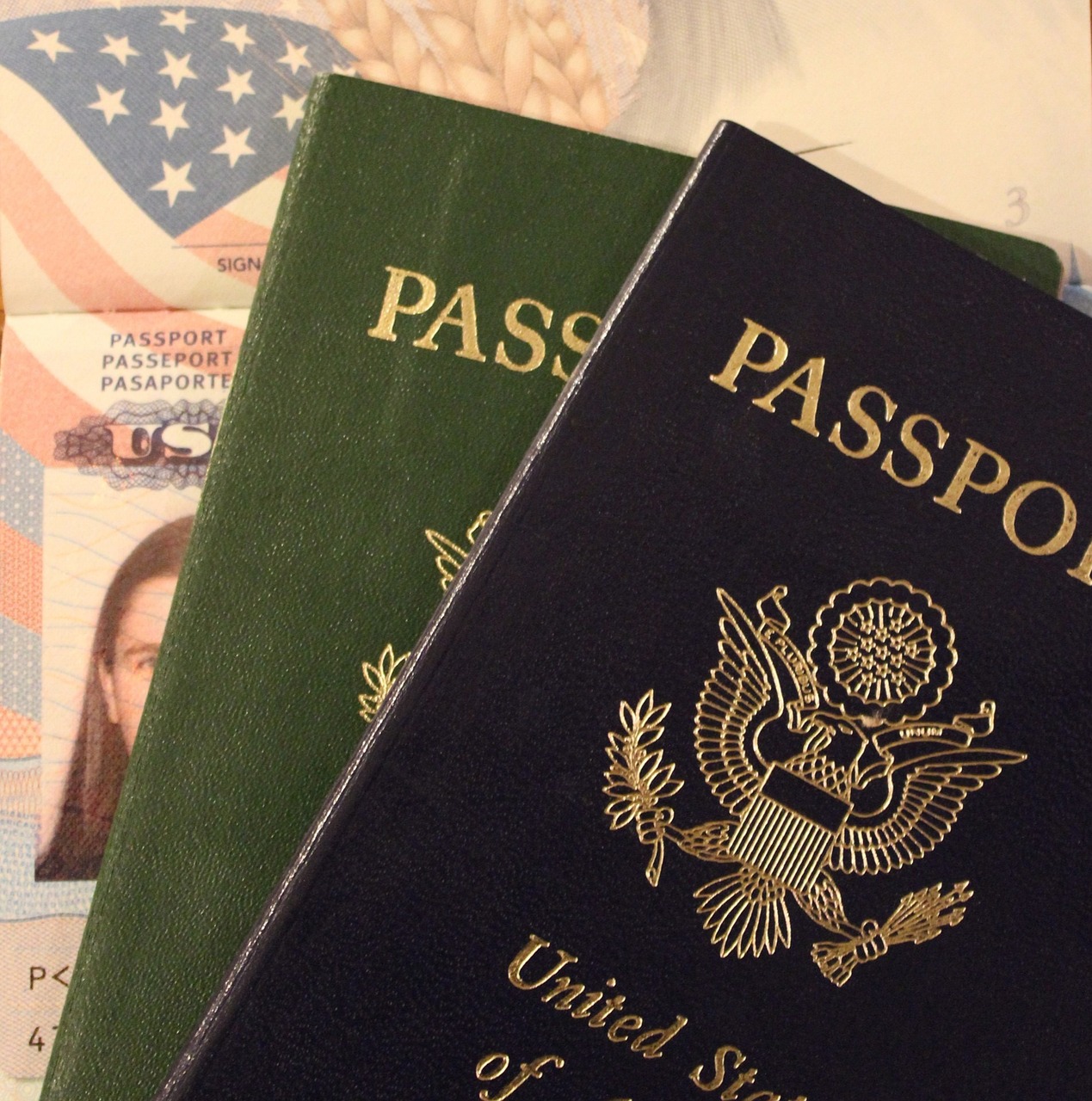On Monday, Dec. 4, 2017, the U.S. Supreme Court allowed President Donald Trump's Muslim Travel Ban to take effect.
The Court overturned lower court rulings that had exempted some family members of people in the U.S. from the travel restrictions.
As of this moment, the federal government is authorized to completely enforce the President's restrictions in his third attempt at a ban.
No visas will be issued for individuals from Iran, Libya, Somalia, Syria and Yemen. Other restrictions will now be placed on travel from immigrants and visitors from Chad, North Korea and Venezuela.
The restrictions are different for each country, but in most cases, citizens of the countries will be unable to come to the United States permanently and many will be barred from working, studying or vacationing here.
One important note is that this was a procedural vote by the Supreme Court justices as to what should happen while legal challenges work their way through the federal judicial system.
The ruling on Monday was not on the merits but rather a decision regarding whether or not the ban should be in place during appeals.
The Supreme Court is expected to rule on the legality of the travel ban early in 2018.
The fact that the Court voted 7-2 to allow the ban to take effect while the issue is litigated does not bode well for those who oppose the ban. It appears the Court may allow Mr. Trump's plan to take full effect when it rules.
Two justices, Sonia Sotomayor and Ruth Bader Ginsburg, voted to keep the exceptions for family members in place while the appeals continued.
The ruling comes one week after President Trump tweeted out false and derogatory videos about Muslims and the threat that they supposedly bring to the United States.
Appeals courts in Seattle, Washington and Richmond, Virginia should hear legal challenges to the ban in the upcoming days.








